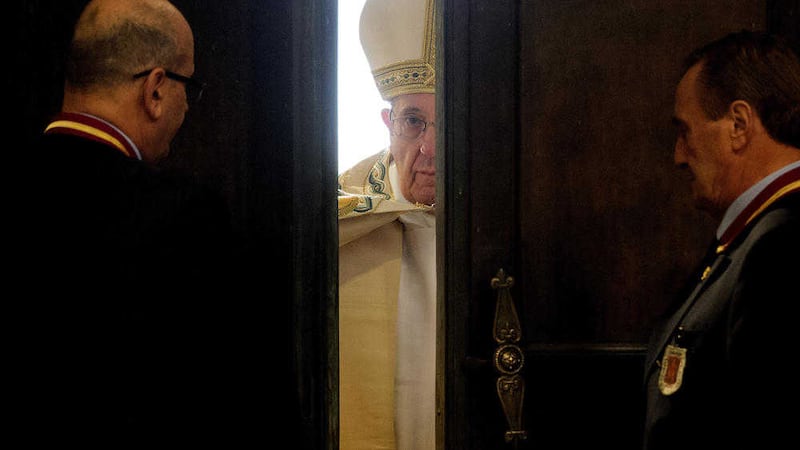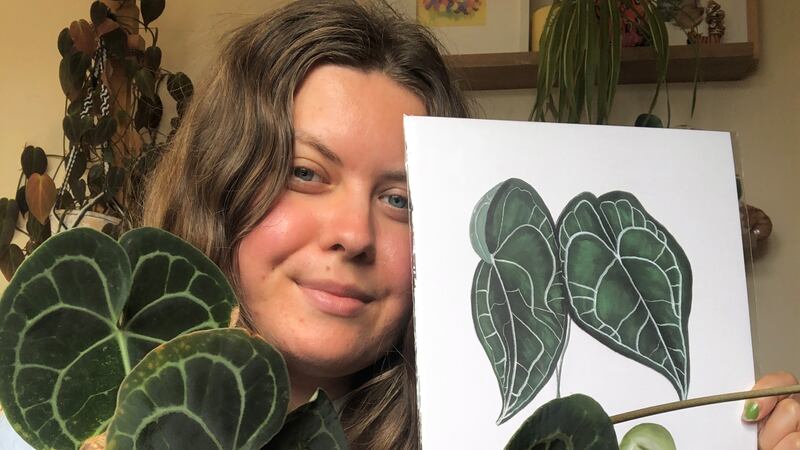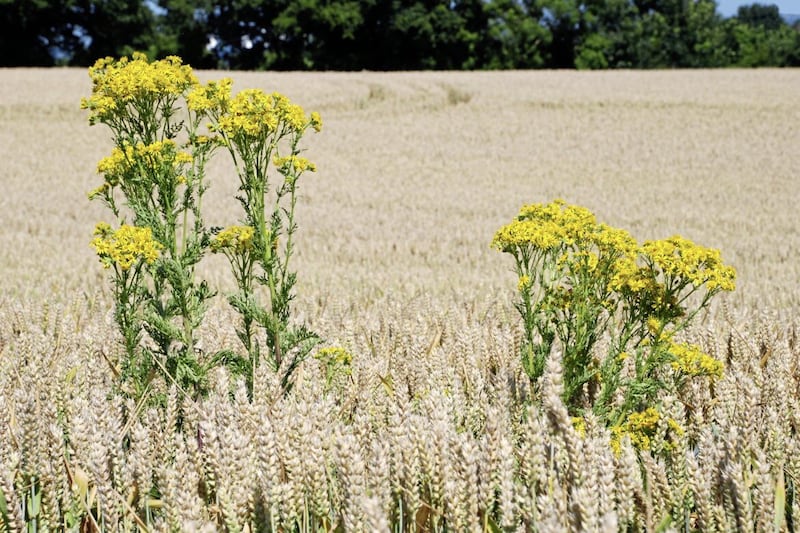THE joy of the Gospel fills the heart of Pope Francis. He comments in his apostolic exhortation Evangelii Gaudium: "What kind of love would not feel the need to speak of the beloved...?"
His joy is a missionary joy, for he writes, "mission is at once a passion for Jesus and a passion for his people".
Pope Francis is inviting each one, but particularly bishops and priests, to share in his conviction that the Jubilee of Mercy, which began on December 8 and continues until November 20 2016, is a special time for the Church, "a time when the witness of believers might grow stronger and more effective".
He refers to this as "a moment full of great hopes and signs of contradiction". He has said that in a sense a third world war is being fought piecemeal, and in this situation, "the Church feels the urgent need to proclaim God's mercy".
His is a challenge to be filled with joy, unflagging courage and zeal. "A person who is not convinced, enthusiastic, certain and in love, will convince nobody," he writes.
Again, he has said: "Nobody can go off to battle unless he is convinced of victory beforehand. If we start without confidence, we have already lost half the battle..."
He appeals to everyone: "In this Jubilee Year, let us allow God to surprise us. He never tires of throwing open the doors of his heart and repeats that he loves us and wants to share his love with us."
Pope Francis opened the Door of Mercy on December 8; in Down and Connor, the Door of Mercy has been opened in St Patrick's Church in Donegall Street.
What then is the symbolism of this physical door we call the Door of Mercy? This is how Francis recently spoke of it: "We arrive at the threshold of the Jubilee. The door is before us, not just the Holy Door, but another: the great door of the Mercy of God - and that is a beautiful door... and the door is called Jesus."
Jesus is the door, for he himself affirmed: "I am the door; if any one enters by me, he will be saved" (John 10:9).
Parishioners, as individuals or in groups, are invited to make a pilgrimage to St Patrick's and the Door of Mercy during the Jubilee.
As they pass through the Door of Mercy they will encounter the great symbols of the Lord's mercy; the cross; the baptismal font; the altar, the columbarium; and the shrine of she who is 'Mother of Mercy'. "The practice of pilgrimage has a special place in the Holy Year, because it represents the journey each of us makes in this life," says the Pope.
As we make our pilgrimage in this Jubilee of Mercy, the Pope encourages us to do so in the company of the gospels, particularly the parables of mercy - the lost sheep, the lost coin, and the prodigal son, in chapter 15 of Luke's Gospel; also the parable of the unforgiving debtor in Matthew 18, and the parable of the great judgement in Matthew 25.
"In these parables God is always presented as full of joy, especially when he pardons... just as he is merciful, so we are called to be merciful to each other," says Pope Francis.
In the light of these great Scripture passages, Francis writes: "It is my burning desire that, during this jubilee, the Christian people may reflect on the corporal and spiritual works of mercy.
"It will be a way to awaken our conscience, too often grown dull in the face of poverty... We cannot escape the Lord's words to us, and they will serve as the criteria upon which we will be judged... we will be judged on the basis of love."
The Jubilee Year, particularly in Lent, is a privileged moment in which to celebrate and experience God's mercy, and the sacrament of Penance is a key experience of mercy.
"Let us place", the Pope says, "the sacrament of Reconciliation at the centre once more in such a way that it will enable people to touch the grandeur of God's mercy with their own hands."
Speaking to the bishops of Germany on their recent ad limina visit, the Pope noted that fewer Catholics in Germany avail of the sacraments, especially Penance - and we know that this situation is not unique to Germany.
Francis commented, with typical bluntness, that the German Church must overcome its "paralysing resignation" to this situation, for "in Confession there begins the transformation of each Christian and the reform of the Church".
We are faced with the challenging task of being good confessors in a world that is changing very rapidly. This is an area to which the body of clergy must give serious thought in this Jubilee of Mercy.
"We do not become good confessors automatically," says the Pope. "We become good confessors when, above all, we allow ourselves to be penitents in search of the Father's mercy."
Addressing the Congregation for the Clergy recently, Francis said: "A good priest is first of all a man with his own humanity, who knows his own history - with its treasures and wounds - and has learned to make peace with it, gaining a profound serenity, characteristic of a disciple of the Lord."
We are called to be authentic signs of the Father's mercy, everywhere, and in every situation, no matter what.
:: Fr Edward O'Donnell is parish priest of St Brigid's parish in Belfast.








